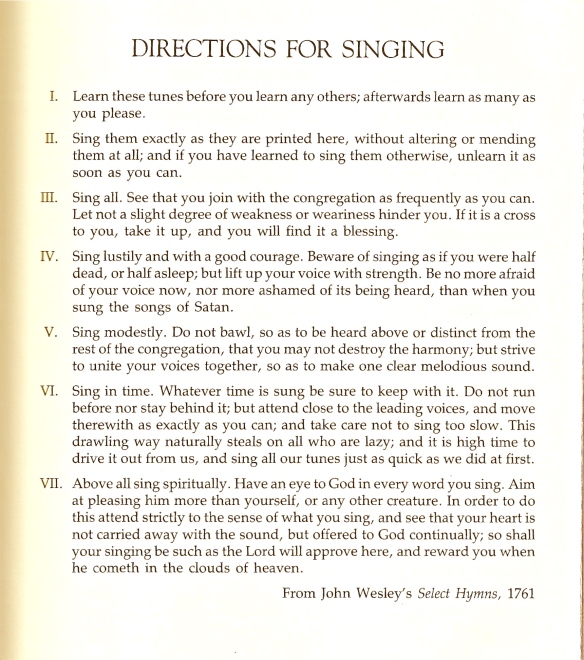
I have three kids.
Joseph is 6. Carston is 4. Hannah is 2.
They blow me away. Every day.
Not just in the what they say (as in “those-kids-say-the-darndest-things” sentiment), but in how they perceive themselves and their world. Children have an honesty that – for some reason – continually thrills and bewilders adults.
Although he never married and was never a father, Isaac Watts understood the power of theological education for children. His own theological imagination was stirred early on. His father, a deacon in a dissenting church, encouraged his son to process his world through the lens of biblical theology.
And the result was incredible.
At age 7, Watts used his name as a acrostic for the story of grace:
I – I am vile, polluted lump of earth
S – So I’ve continued ever since my birth
A – Although Jehovah, grace doth daily give me
A – As sure this monster, Satan, will deceive me
C – Come therefore, Lord, from Satan’s claws relieve me
W – Wash me in Thy blood, O Christ
A – And grace divine impart
T – Then search and try the corners of my heart
T – That I in all things may be fit to do
S – Service to Thee, and Thy praise too
Partly owing to the diligence of his own father, and partly as a result of his experiences in the church, Watts created an entire hymnal specifically for children in 1715: Divine Songs for Children.
Most notably, this was the first faith-based song book made exclusively for children.
Watts included some heavy theology in his collection – drawing on the book of Psalms for most of his texts. In the preface (addressed to children’s workers), Watts writes:
“MY FRIENDS – It is an awful and important charge that is committed to you. The wisdom and welfare of the succeeding generation are intrusted with you before hand, and depend much on your conduct.
The seeds of misery or happiness in this world, and that to come, are oftentimes sown very early; and, therefore, whatever may conduce to give the minds of children a relish for virtue and religion ought in the first place, to be proposed to you.”
Heavy stuff. I love it.
FOR PASTORS: Sometimes I’m that Dad in the front row of the school play with the camcorder. But cute stuff in church doesn’t stick. Trotting the kids out to sing a special number with Aunt Bea is all well and good, but kids are capable of far more than we give them space (and time) for. Here are a few thoughts:
1. A love for children is a good first step. But please, please, please hire people who are capable of teaching. Being a part of a church that supports what I’m teaching my kids is one of the biggest blessings parents can have.
2. Create space for kids to lead. I’m serious. In appropriate ways, give kids a platform. How cool would it have been if young Watts’ pastor would have encouraged the rest of his congregation to make an acrostic for their names?
3. Integrate your ministry. Don’t make your sanctuary, auditorium, worship center (whatever you call it) the dominate expression of your church. Instead, pump resources, space, and people into your children’s ministry.
4. Don’t be afraid of parents. Sure, Watts was a brilliant kid. But let’s not forget: he had a devoted father. Give the parents in your congregation a vision for theologically deep children.



